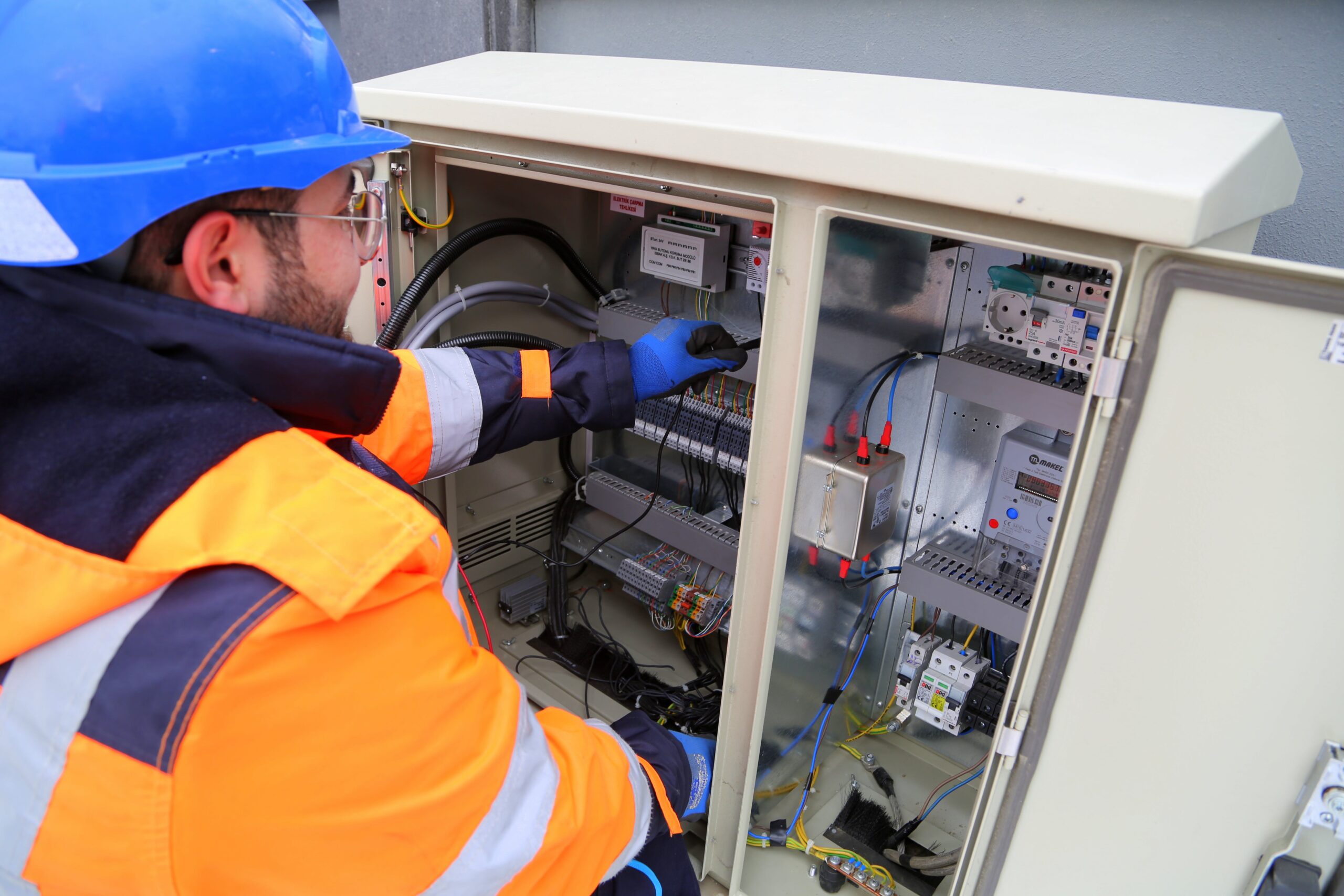 Electrical emergencies can occur at any time and can pose serious threats if not handled correctly. Understanding the proper ways to manage these situations can be the difference between life and death. This blog post aims to provide a comprehensive guide on how to handle an electrical emergency, who to contact, survival chances after electrocution, and the necessary emergency services to reach out to when someone has been electrocuted.
Electrical emergencies can occur at any time and can pose serious threats if not handled correctly. Understanding the proper ways to manage these situations can be the difference between life and death. This blog post aims to provide a comprehensive guide on how to handle an electrical emergency, who to contact, survival chances after electrocution, and the necessary emergency services to reach out to when someone has been electrocuted.
Firstly, it’s crucial to understand what constitutes an electrical emergency. This could range from a power outage, a blown fuse, a sparking outlet, or even a person being electrocuted. Each situation requires a different response, but the common denominator is the need for immediate action.
In the case of an electrical emergency, your first point of contact should be a licensed electrician or your local electrical service provider. They are equipped with the necessary knowledge and tools to handle such situations safely and effectively. If the situation involves a power line, for instance, you should immediately contact your local power company. They have the expertise to handle high-voltage lines and can ensure the situation is managed safely.
However, if someone has been electrocuted, the situation becomes a medical emergency. The first thing to do is to ensure your safety. Do not touch the person directly if they are still in contact with the electricity source. Instead, use a non-conductive material like a wooden broom handle to separate them from the source. Once safe, call your local emergency number immediately. In the United States, this would be 911.
Can people survive electrocution? The answer is yes, but it largely depends on several factors such as the intensity of the electric shock, the duration of exposure, and the immediate response and medical attention received. Electrocution can cause severe burns, cardiac arrest, and damage to internal organs. However, with immediate and appropriate medical intervention, survival is possible.
When someone has been electrocuted, the emergency services that need to be contacted are typically the medical emergency services. This includes paramedics and the fire department if there is a risk of fire due to the electrical incident. The paramedics can provide immediate medical attention and transport the victim to the hospital, while the fire department can manage any fire-related risks.
In the hospital, the victim may be treated by a team of medical professionals, including emergency medicine doctors, surgeons, cardiologists, and burn specialists, depending on the severity of the injuries. The victim’s survival chances increase significantly with immediate and appropriate medical care.
In conclusion, handling an electrical emergency requires quick thinking, immediate action, and the right contacts. Always prioritize safety, and do not attempt to handle electrical emergencies if you are not trained to do so. Instead, contact the appropriate professionals who have the necessary training and equipment. Remember, in the event of electrocution, every second counts, and your immediate response can save a life.
Remember, prevention is always better than cure. Regular maintenance and inspection of your electrical systems can help prevent most electrical emergencies. Stay safe and stay vigilant.






